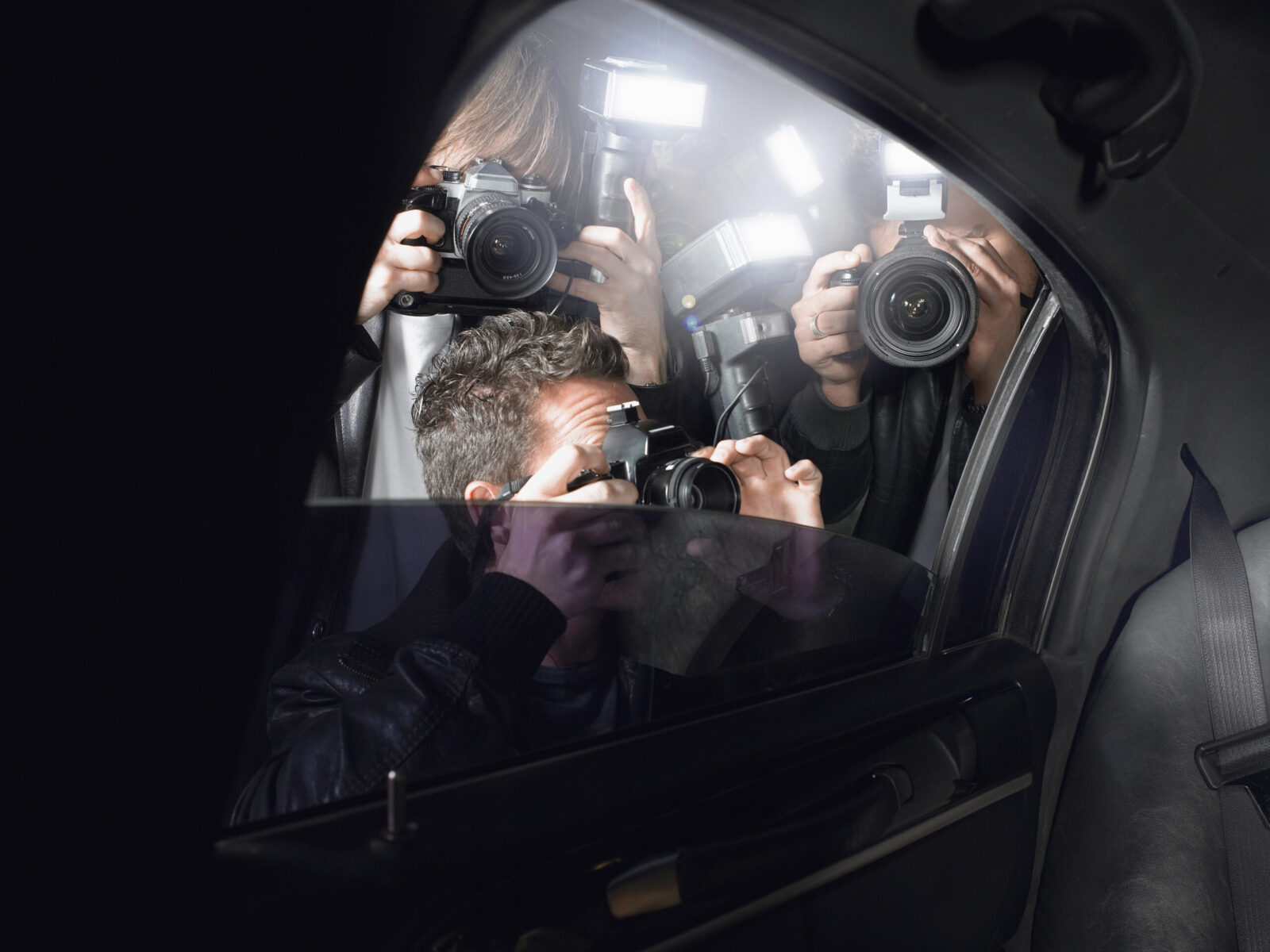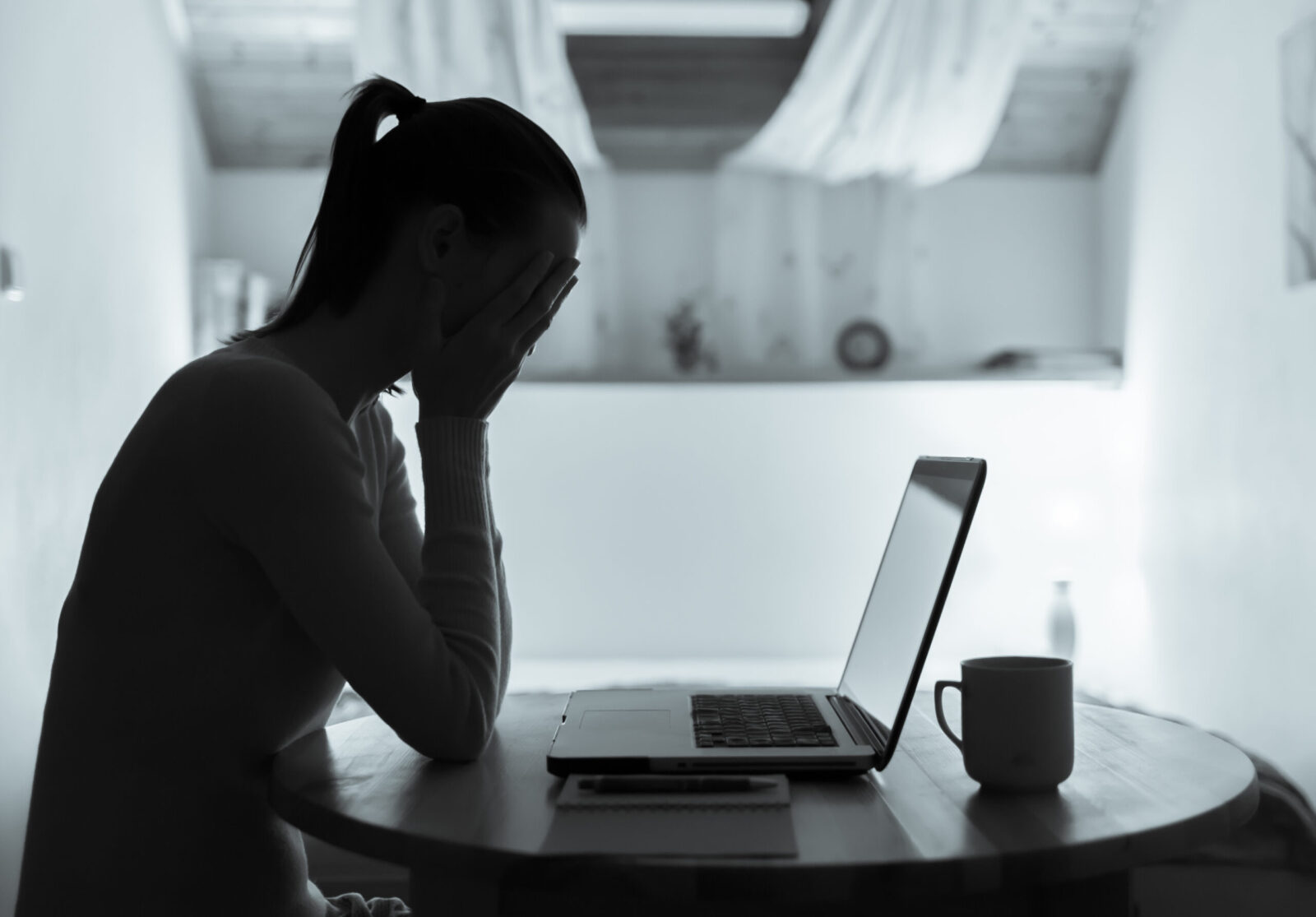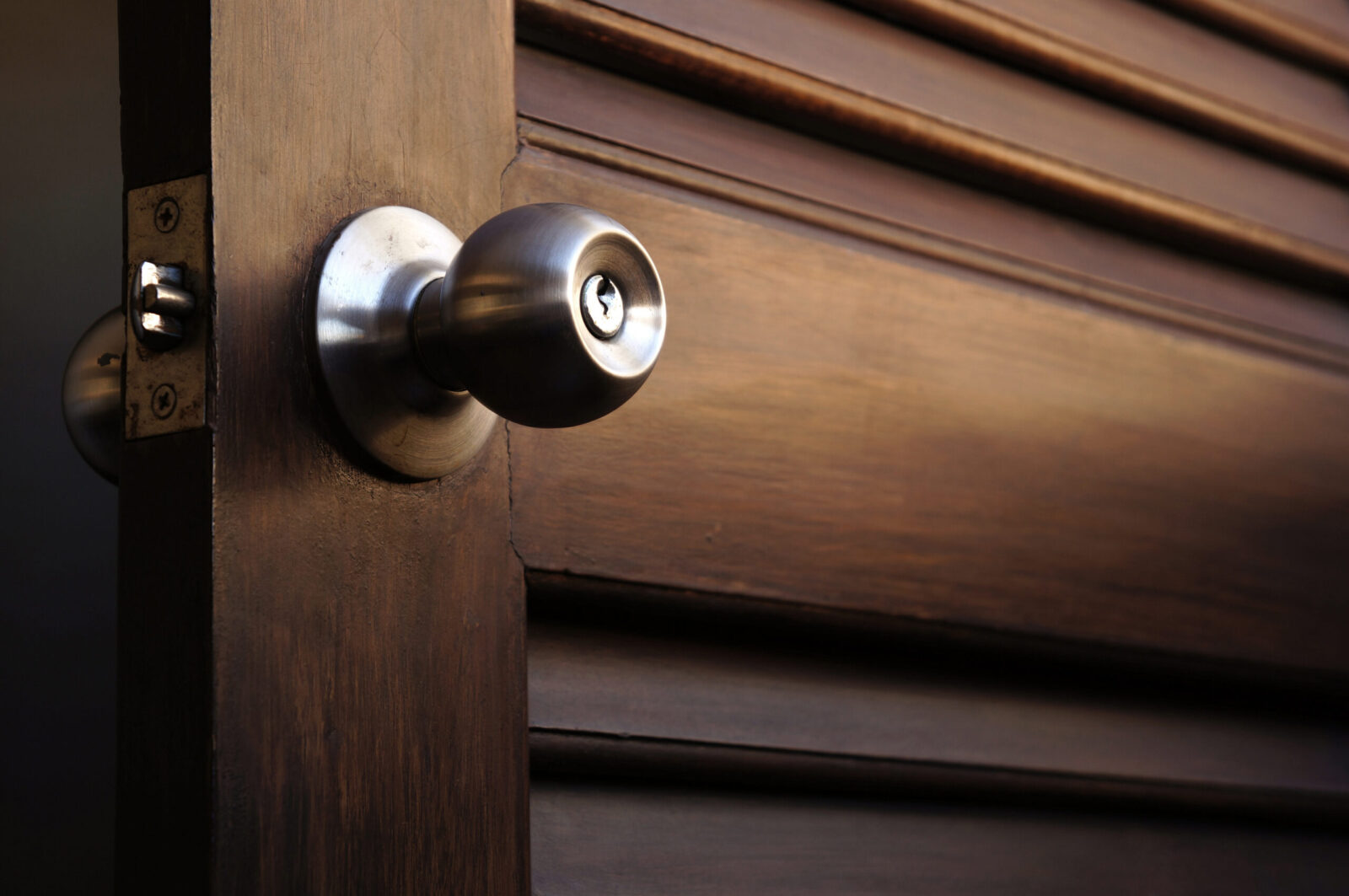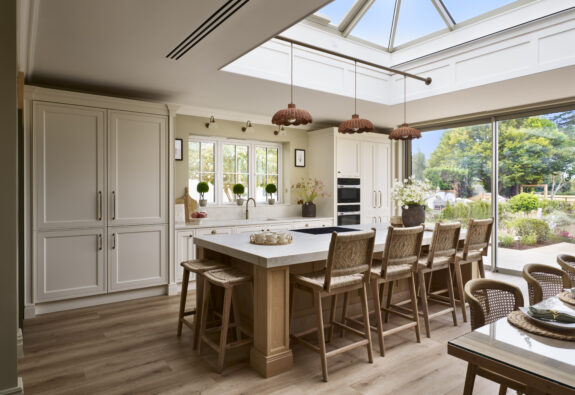LOCKED DOWN
How high-profile individuals can maximize the safety and security of their home, even while they’re away.
Imagine you’re on the road, heading to your next match. You’ve just checked into your hotel, settled into your room, and text your wife that you arrived. After going back and forth for 10 or 15 minutes, you hit the lights and head to bed. Then, you’re woken up by a phone call from your wife, who’s back at home alone. You pick up, only to hear her quiet voice shaking on the other end…
“I think someone’s outside trying to get into the house.”
At that moment, how confident are you in the safety and security of your home? Do you trust the alarm system or locks that were installed when the house was built? Or are you worried, second-guessing how safe your wife is from the potential threat of a burglar?
Despite security becoming more advanced, more headlines about other high-profile individuals becoming a victim of a break-in reveal some scary but real truths about burglaries:
Break-ins are becoming more coordinated.
Burglars are becoming more sophisticated.
Our personal lives are becoming more exposed.
And the high-profile figures of the world are an easier target than ever before.
So, what can you do to make your home a safer, more secure place? And what kind of tips and tools can you implement to protect yourself and your family from becoming the next victim?
In my experience evaluating and increasing security measures for high-profile politicians and celebrities, there are three fundamental areas you need to address if you want your home to be as safe as possible:
Layering your home security
In my clients’ Home Security Assessments, I always review and evaluate the obvious layers:
locks, lights, alarm systems, and perimeter fencing. Every layer of protection is just one more opportunity to deter burglars or thieves from getting what they want.
But layering your security doesn’t just have to mean adding more physical barriers to your home or property. I always recommend that my clients update and reset their alarm codes regularly, especially if they have had any contractors or workers at the house. Those continuous changes add another layer to penetrate.
Building trust and getting to know your neighbours and delivery drivers can also be considered as an added layer of protection. You never know who else might see something suspicious on or around your property while you’re not there. Last time I checked, a few extra pairs of eyes on your house never hurt anyone.
Another layer — and one of my favourites — can be added by marking your valuables and property with SmartWater (www.smartwater.com). SmartWater is an invisible but traceable liquid that contains a unique forensic signature. By adding just a dab of SmartWater to your phone, watch, or anything of value, police can use that unique forensic signature to link a criminal or burglar back to the scene of the crime.
But what about new security tech? I’ll be the first to admit that I love another tech-driven toy or tool. But when it comes to home security, I’ve found that the more tech you have, the more complex your layers become and the more opportunities there are for something to go wrong (and for someone to hack it). I say keep things simple. Too much tech can lead to a lot of security headaches down the road.
Vetting anyone who has access to your home
From cleaners to contractors, there’s a good chance you’ve recently allowed someone outside of your friends or family into your home. But how much did you know about them before they arrived? And how can you be sure that they’re the type of person you can trust while you’re gone on a Monday afternoon?
Vetting anyone who has access to your home isn’t just a home security measure — it’s common sense. That should include at least background checks. I recommend taking things a step further and requiring all workers and contractors to sign some kind of a non-disclosure agreement outlining expectations about things like mobile phone use and taking photos.
But this shouldn’t just be a one-off thing. Even if you’ve vetted anyone you hire or allow into your home, make it a habit to regularly review them. Things change all the time, and you never know when a disgruntled employee who has a clean record may have some plans of their own. Plus, what good is a background check from 5 years ago?
Does this make you a bad person or mean you don’t trust people? Not at all. Employers vet their employees. Clubs do their research on players before they sign them. It’s an invitation to earn trust, not a sign that you’re unwilling to give it. Allowing people you don’t know into the privacy of your own home shouldn’t be taken lightly.
Being aware of what you say (or don’t say) online
If you read my article in the last issue of SW Magazine, you already know how I highlighted the issues with advertising your wealth and lifestyle on social media. Posting images of you and maybe your family on Instagram on holiday is another way to say,
“Hey! We’re not home!” That’s an open invitation that can be avoided, though, by just being smarter about what you share online.
Let’s say you do want to share all of those Instagram-worthy moments from holiday. A smart and easy way to deter thieves is through a quick post about how relaxed you feel knowing that the personal security firm you hired to watch the place — a hire I’d recommend to any of our high-profile clients while they’re away.
But this isn’t just about holiday photos. One innocent but common mistake we see clients make is posting a lot of photos or videos from inside their home. As beautiful as it might be, those photos can become open invitations to burglars as they get a peek at what’s inside. You’d be surprised how far some of them are willing to go to map out a strategy once they get inside.
In-home interviews or home tours are at the top of my list of things I don’t recommend. Walking around through your house with a camera crew only entices burglars and gives them more information about your home. But if you must do an in-home interview, ask the crew or producer if you can set up outside or in a room that doesn’t reveal too much.
Equally, if you have recently purchased the property, ensure that all Estate Agent’s images published online have been removed and are no longer available. If you are selling, restrict what is published and make sure that any potential buyers are vetted too. I can personally vouch for one very high-profile person who failed to take these precautions and ended up with negative publicity after a burglary costing them over £50K.
When was the last time YOUR home security was assessed?
Did you know…
If you haven’t had your home security evaluated within the last year, you could be vulnerable to new and sophisticated ways burglars are finding their way into homes.
Independent Home Security Assessments
Defuse Global recommends having your home security independently reviewed instead of by a home security company. While home security companies want to sell you their latest system with the biggest profit margin, an independent security review keeps your best interest in mind at all times.
Our Independent Home Security Assessments are done discreetly and include:
+ Security expert’s advice on how to make your home safer and more secure
+ Areas that are susceptible to a break-in and how to address them
+ Recommendations to improve locks, doors, windows, alarms, and/or surveillance
The long-term effects of a break-in
In my line of work, most of the public’s focus is put on self-protection and the safety of your loved ones. But many of the clients we work with seem to underestimate the psychological damage that a break-in or burglary has on you.
The mental distress that a violation like a break-in can have is far greater than many realise. Aside from just the fear they feel while at home, victims often share about the effects they feel outside of their homes — struggling to focus, feeling more outside pressure, and not feeling like they’re on top of their game when it comes to their job.
In a sense, they don’t feel like themselves.
So when Defuse Global works with clients on assessing or improving their home security, we’re not just making recommendations for their physical safety. Our job is to help them preserve and protect their mental wellbeing, too.
If you travel a lot or worry about the safety and protection of your family, you owe it to everyone under your roof to at least have an independent professional review done of your home security. Learning about how secure your property is and where you might be susceptible to a break-in is the first step towards having more peace of mind at home and while you’re on the road. After all, if you don’t spot where you might be vulnerable first, you never know who else might beat you to it.
About Philip Grindell
As one of the UK’s most sought after subject matter experts on personal and national security issues, Philip Grindell was called in to oversee all home and office protective security measures for politicians in the UK Parliament after the murder of Jo Cox MP. From politicians to high-profile athletes, he fully understands the life of those who live in the public spotlight and can handle the challenges they face quickly, discreetly, and professionally.
Together with his team of world-class specialists, Defuse Global is able to quickly defuse real threats and spot potential vulnerabilities, giving their clients and their families the safety and peace of mind they’re looking for at home, online, and in public life.
By Philip Grindel





